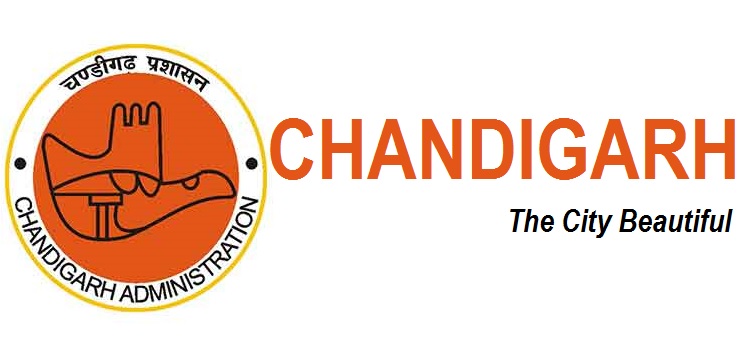Chandigarh, 1st August 2019: Chandigarh State AIDS Control Society organized an awareness programme for Creating Awareness on HIV/AIDS and Drug Addiction for the employees of KFC, Sector – 8, Chandigarh today at the seminar hall of KFC, Chandigarh.
Dr. Vanita Gupta, Project Director, Chandigarh SACS said, “HIV is a disease that does not discriminate. Anyone can contract this disease, which is why it is important for youth to be aware of how to protect themselves and prevent the transmission of HIV.”
Chandigarh SACS has build up a plan to conduct awareness programmes at places where youth works and likes to visit often. Today an awareness programme was conducted where the youth was given basic knowledge on HIV/AIDS. They were made aware of different aspects of the HIV like- how HIV or Human Immunodeficiency Virus weakens the immune system by destroying important cells that fight disease and infection. Over the time, HIV can destroy so many of your T-cells or CD4 cells, a key part of the immune system, that the body can’t fight infections and disease anymore. When this happens, HIV infection can lead to AIDS.
Dr. Jitender Dahiya, AD (SPM), CSACS informed that HIV is found in specific human body fluids. There are very specific ways that HIV can be transmitted through body fluids.
- During sexual contact. You can contract HIV through anal, oral, or vaginal sex. During sexual contact, you have contact with your partner’s body fluids, which can deliver the virus into your bloodstream through microscopic breaks or rips in the linings of the vagina, vulva, penis, rectum, or mouth.
- During pregnancy, childbirth, or breastfeeding. Babies can contract HIV through the contact they have with their mother’s body fluids—including amniotic fluids and blood—through pregnancy and childbirth. Infants can also get HIV from drinking infected breast milk.
- As a result of injection drug use. Needles or drugs that are contaminated with HIV-infected blood can deliver the virus directly into your body.
- As a result of occupational exposure. Healthcare workers have the greatest risk for this type of HIV transmission because they may come in contact with infected blood or other fluids through needle sticks or cuts.
He also sensitized the youth about the modes of HIV prevention. Condoms and IEC Material was distributed. An open discussion was held at the end of the programme where participants came up with queries and myths. They were also made aware about a national toll free HIV Helpline number 1097.




